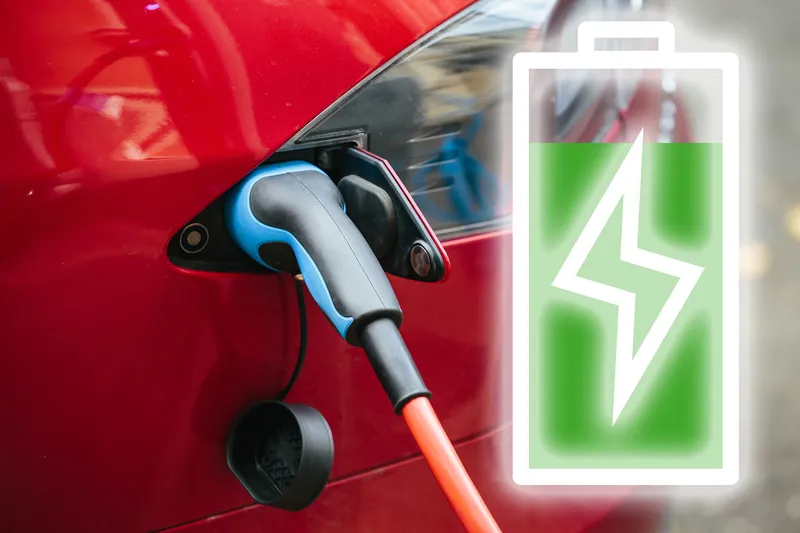
The US federal government has pledged $4 million toward a testbed for smart transit technology in Dallas, Texas, according to the Dallas Regional Chamber (DRC).
The DRC is a chamber of commerce that represents businesses and institutions in North Texas.
In a blog post, DRC staff writer Dave Moore says a 1.5-mile stretch of the S.M. Wright Highway is being rebuilt into a pedestrian-friendly boulevard.
“Like many highways, the S.M. Wright has divided a low-income, minority neighbourhood since the 1950s,” Moore adds.
Ghassan Khankarli, interim director of Dallas’ Department of Transportation, says the USDoT grant was key to injecting advanced smart traffic capabilities into that stretch of road.
“Definitely, as we start getting this project off the ground, we’re going to have to start refining what the scope is going to be,” Khankarli adds.
Possibilities include connected vehicle (CV) technologies that allow traffic signal controllers to communicate with vehicles, pedestrian crossing buttons that are activated by their physical presence rather than touch and smart-transit bus shelters that inform riders of estimated times of arrival.
Additionally, the project may utilise CV technologies that will give emergency vehicles and buses priority to pass through intersections.
Khankarli emphasises the city will need to amend an agreement with Ericsson before the connected technology features can work.
Unlocking that feature is also expected to allow CV technology to be used in other parts of the city where crews are installing updated traffic-signal controls with those capabilities.
Dallas is receiving the grant as part of a USDoT Federal Highway Administration (FHWA) programme.
The FHWA says its Advanced Transportation and Congestion Management Technologies Deployment programme funds technologies that can serve as “national models”.
These grants will fund projects that support connected and autonomous vehicle technologies in addition to ITS technologies to reduce congestion, the administration adds.
The S.M Wright project was among 46 applicants seeking more than $205m in grants from the administration.










